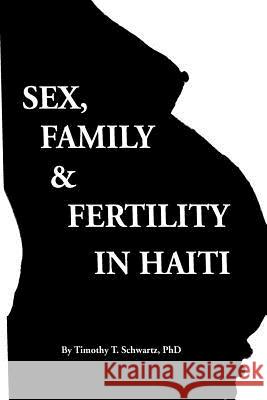Sex, Family & Fertility in Haiti » książka
Sex, Family & Fertility in Haiti
ISBN-13: 9781468129663 / Angielski / Miękka / 2012 / 270 str.
A significant and detailed contribution to the ethnological literature on traditional life in the Caribbean, this book analyzes peasant subsistence strategies in contemporary rural Haiti, ultimately showing how intensive work regimes make children necessary; how this necessity conditions sexual behavior, gender relations, and kinship; and why, despite massive contraceptive campaigns, birth rates in rural Haiti continue to be among the highest in the world. Schwartz offers a solution to a demographic paradox that some of the most prominent sociologists and demographers of the 20th century noted but were never able to explain: among impoverished small farmers, when more men are absent due to male wage migration, the women remaining behind give birth to more, not fewer, babies.
Zawartość książki może nie spełniać oczekiwań – reklamacje nie obejmują treści, która mogła nie być redakcyjnie ani merytorycznie opracowana.











